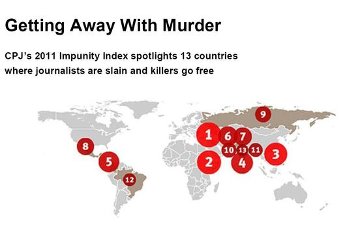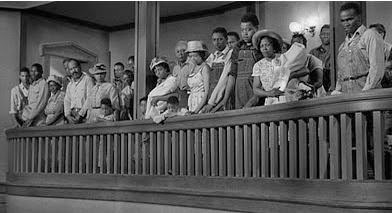Two decades ago Francis Fukuyama gained widespread attention, and some notoriety, with the argument that the modern world had reached the end of history. Of course, he did not mean that history as a flow of events would cease. What he did mean was that history as successive stages of society had reached its final level. There is no future regime beyond modern democracy and capitalism. This is because liberal democracy is basically in alignment with human nature: it satisfies our natural desires for wealth and for recognition. Two decades on, and with no post-liberal, post-capitalist stage of history visible on the horizon, it appears that his basic diagnosis remains sound. But the end-of-history thesis had also predicted that the rest of the world would follow the West and eventually arrive at the last stage. This part of the argument remains undecided. The continuing prevalence of autocracy, illiberal states, and ineffective governance in many parts of the world casts severe doubt upon it. The anticipated universal convergence currently seems unlikely. Now The Origins of Political Order revisits these two issues, among others, to provide an overview of political evolution. The book begins with the evolution of human nature, briefly covers social evolution from foraging to agriculture to the earliest states, and then compares political evolution, its parallels and divergences, in India, Islam, and particularly China and the West up to the eve of modernity. A key theme of Origins is that a modern political order is not a unitary package: it consists of a bundle of three separate institutions with distinct histories. One is a modern state, with competent and honest officials, not prone to nepotism, corruption, and clientelism. Second is the rule of law, or binding constraints upon the rulers as well as the ruled. Third is accountability, usually via elections but also via a sense of responsibility towards the people, a sense of ruling for the common good. The bulk of The Origins of Political Order consists of successive sections looking in turn at the origins of the modern state, of the rule of law, and of accountability. The Origins of Political Order has been considered by many a major achievement: it provides an overview of key strands of political evolution from prehistory onwards; it demonstrates that genes matter, ideas matter, and institutions matter in shaping political orders; and it manages to illuminate both questions of historical interpretation and problems of current policy. Why China will not dominate the world
Related Articles
Which African leader deserves the prize?
Mo Ibrahim and the African Government index
choosing the activists you want to support and the dictators you want to weaken
The urgent need for a Transformation Index
an introduction to Bertelsmann's 'optimization' approach
Ben Berkowitz has developed an idea after getting frustrated with city hall’s lack of response to graffiti in his neighborhood.
the All As One organization
the work of the actor with UNICEF
Social and educational inequalities in Israel
and sports as the best education tool
Impunity, a film about Colombia
and the links of crime and politics
Can everyone thrive in Jordan?
the Harra Initiative
The Community of the Wrongly Accused
how do you fight stigma?
![]()
STAY IN TOUCH
SUBSCRIBE TO OUR NEWSLETTER
AND RECEIVE OUR LATEST STORIES










